In October, 2018 the Guidelines and Protocols Advisory Committee (GPAC) published a guideline document on Thyroid Function Testing. According to the guideline, TSH is the initial test for diagnosing and monitoring thyroid disease. Normal values of TSH preclude the need for measuring free T4 and/or free T3 in most situations. However, there are several specific clinical indications for ordering free T4 and/or free T3 when TSH is within the reference range.
Based on 5 months of experience with implementing the guideline, LifeLabs has more clearly defined the list of indications in the guideline to include the following:
- Suspicion of pituitary insufficiency – Write “pituitary insufficiency” or “hypothalamic” (for hypothalamic disease) on the requisition
- Treatment of hyperthyroidism – Write “treatment of hyperthyroidism” on the requisition
- Treatment of thyroid cancer – Write “treatment of thyroid cancer” or “thyroid cancer” on the requisition
- Treatment with T3 – Write “treatment with T3” or “T3 therapy” on the requisition
- Unusual cases where analytical interference is suspected or the TSH result does not match the clinical situation. The requisition must indicate that the ordering doctor has obtained approval from a laboratory physician or clinical biochemist.
When one of these indications appears on the requisition, we will perform all tests that are ordered. The new indications will take effect on June 8, 2020.
You can access the Thyroid Function Testing guideline at:
https://www2.gov.bc.ca/assets/gov/health/practitioner-pro/bc-guidelines/thyroid-function-testing.pdf




